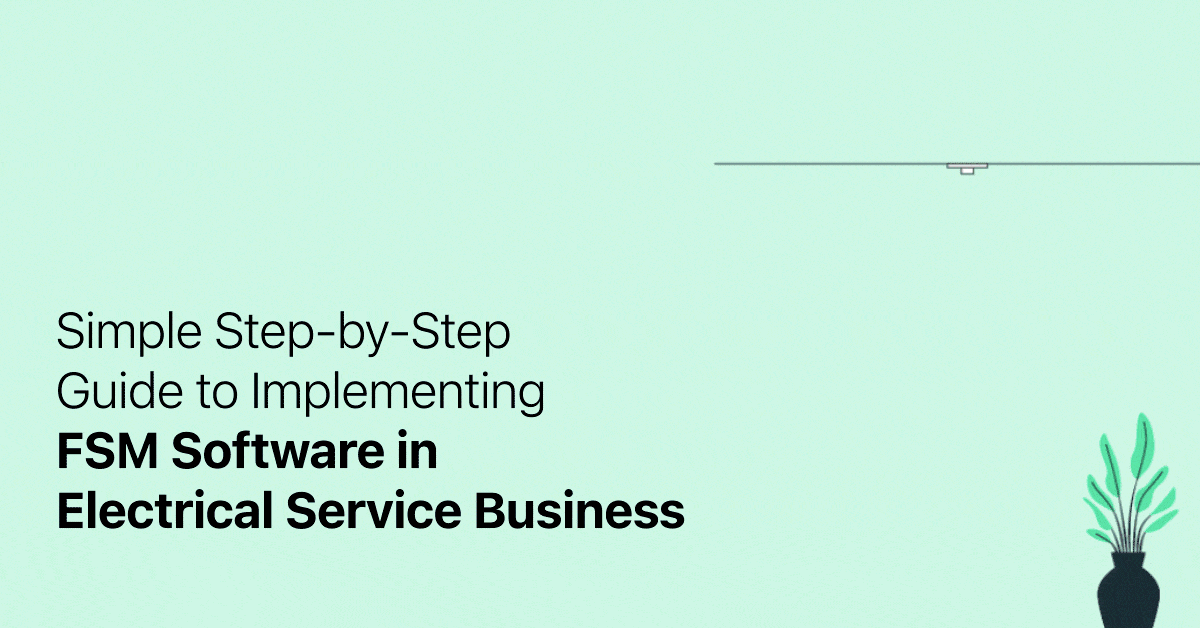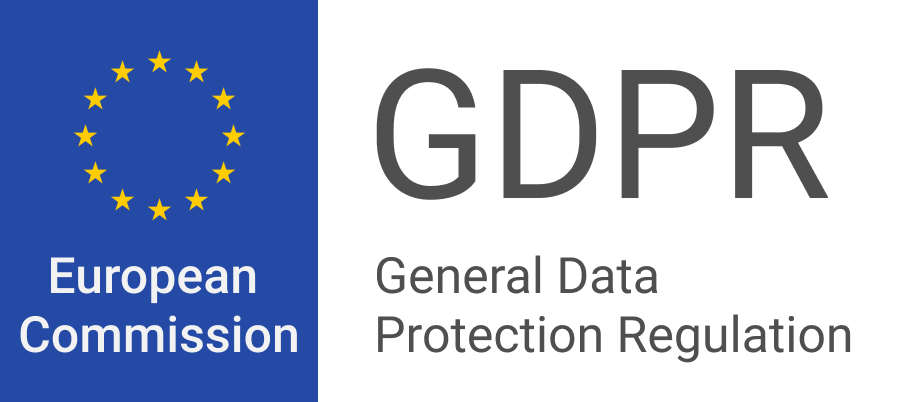The real estate industry, which is seeing a boom in innovation, is one of the investment sectors with the fastest growth rates.
A recent study predicts that the size of the global property management market will increase from $19.33 billion in 2022 to $37.25 billion in 2029, with a CAGR of 9.8% during the forecast period. So, if you are considering investing in a property management startup, now is the perfect time!
However, ambition is not enough; there is a lot to do to establish your own property management company. Remember that you should develop several crucial abilities before starting your own business, including discipline, tenacity, and realistic, timely, and effective communication.
This is because many businesses will soon open up because, as you are already aware, the industry is poised to boom. This is why having these skills will make it much easier for you to achieve your goal of starting a new property management startup.
Once you are 100% certain of what you want, read the following property management startup checklist. Follow this step-by-step guide that will help you towards starting your very own successful business.
Step-by-Step Guide for a Property Management Startup
Step 1: Initial Groundwork for Setting up the Business

Legalisation and Documentation
It is indeed time to face reality! Like any other profession, operating your business without an up-to-date housing licence is impossible in most countries. Before moving forward, the initial step would be to legalise your business.
The following are the essential legal steps you must follow:
- Register your business. You will need your enterprise’s company name and legal structure. You can form your business as a corporation, limited liability company (LLC), partnership, or sole proprietorship.
- The majority of property management companies typically conduct business as LLCs. However, it is advised that you speak with your legal counsel for the best advice on which structure to use.
- Obtain a Property Manager License or a Real Estate Broker’s License. Be updated on these licensing because it tends to change from time to time.
- Obtain a Property Management Certification. It is not mandatory to have, but if you do, it will bring much credit to you and your company. Following are the specialist certifications:
– Certified Apartment Manager
– Certified Community Association Manager
– Certified Property Manager
– Residential Management Professional - Obtain an Employer Identification Number (EIN) from the government. Using this tax identification number will increase customer confidence in your company.
Identify your niche and the target market audience
You can’t expect to handle every aspect of property management. A plethora of unique properties are available that are geared toward various market audiences. Therefore, it is extremely crucial to decide where you will specialise in your business and for whom.
Here are some options for property management:
- Single-family residential management is centred on particular residences.
- Residential management for multi-family units: This focuses on apartment or condo buildings. Although property managers are in charge of a single building, getting all tenants to agree on a common set of regulations might be difficult.
- HOA management: It is done on a community level. Property managers for HOAs are in charge of entire neighbourhoods or condominium buildings.
- Commercial property management: It is a lucrative business. Manages retail and office spaces.
- Airbnb management services: Manages short-term rentals on behalf of a property owner.
Now, identify your target audience
The most efficient way to find out what your customers want and what will appeal to them is frequently by establishing direct contact with them. Therefore, identifying whom you are targeting is important for your business’s future.
You can determine the target market by analysing market segments based on demographic, psychographic, competitive, and primary research data.
Here are a few examples of target audiences for your reference.
- First-time buyers: Typically young buyers between 20 and 30 years old. Value proximity and prefer living close to the amenities of a big city.
- Move-up buyers: They are slightly older and either already have children or have a child on the way. Since they frequently want their home to leave a good impression on their friends and family, this audience may value luxury and status.
- Active adults: They are older couples or singles who need to downsize because their children have moved out. They value quality over quantity and frequently seek a quiet, secure and friendly neighbourhood.
Put together a business plan
For a goal to be accomplished, it has to be written down with realistic timelines and strategies. Therefore, creating a business plan is crucial for your property management startup to succeed.
This document charts the course for success and explains how cash flow and marketing work together to form a comprehensive growth strategy. A thorough business plan also increases customer confidence and helps secure funding from lenders when necessary.
Every aspect of your business’s operations is covered in a business plan. Including regular operations, staffing, organisational structure, and projected income vs. expenses. The principal areas, however, are as follows:
- Executive summary
- Company description
- Market Research
- Organisation and management
- Products and services
- Marketing and sales
- Operational plan
- Financial plan/projections
- Funding request
Establish a property management agreement
A contract is a very important document that shouldn’t be missed. Although we never read the terms and conditions when installing an application, you better believe that your client will read your agreement contracts numerous times.
A well-thought-out contract will include the following:
- Services
- Fees
- Contract Duration
- Termination Clause
- The services you would be rendering
Step 2: Finances

What do your expenses involve?
The barrier to entry is low, given the cost factors. Property management startup cost, for example, can range from $12,000 to $150,000 based on the scale of the operation. Ultimately, the amount you spend depends on your business strategy.
Initial cost includes:
- Business licence and permits
- Rent for office facility
- Buying equipment
- Installing property management softwares
- Salary and wage expenses
- Marketing
- Networking
Revenue forecast
After you understand where your expenses lie, it’s time to forecast the revenue. This is where you can answer your question: are property management companies profitable?
You need to know your annual income potential, expected cash flow, and potential future business growth. Also, estimate irregular costs as well as other costs that may arise. After all, setting higher budgets enables you to plan for higher costs and unforeseen expenses in case the worst happens.
Moreover, while compiling this report, make sure to refer to competitors’ performance, industry reports, etc., to come up with a realistic forecast.
Financing your property management startup
After the final compilation of the report is done, make sure to approach potential investors who may be interested in investing in your business. You may require an investor if you start on a large scale.
The following are some of the possibilities you can investigate when looking for startup capital for your property management company:
- Getting money from savings or selling personal assets
- Financing through partners and investors
- Requesting a loan from bank
- Presenting your business concept and requesting financial assistance from donors and angel investors in the form of business grants and seed money
- Obtain soft loans from your friends and family.
Pricing structure
The value of each property is based on the facility’s location, nature, and other characteristics. Since you know the value of your property, what pricing are you going to offer? There are three standard types of fees:
- Flat fees: These payments are frequently made upfront in exchange for services and can be one-time or ongoing.
- Per-project costs: In this model, each landlord pays for the services they select on an a la carte basis. (À la carte fees are setup fees, leasing fees, late payment fees, vacant unit fees and eviction fees).
- Fees based on percentage: In this case, you are compensated for your services with a portion of the monthly rent, which is usually a recurring sum.
Step 3: Invest in Human and Technological Resources

Human capital
The employees’ team will be with you amidst all successes and challenges. They will perform all the tasks and responsibilities necessary to grow the business. Therefore, you could be extremely crucial in who you add to your team.
Employees can either work full-time or part-time. However, before deciding whether it is more cost-effective to hire someone internally or to outsource, determine the type of work that needs to be done.
So, who are the most suited employees for your property management startup company?
- Property managers
- Maintenance staff
- Sales representatives
- Payroll and accounts payable
- Leasing agents
- Field managers
- Maintenance managers
- Office managers
- Service coordinators
- Marketing specialists
- IT staff
- A real estate lawyer
- Contractors (including roofers, electricians, chimney sweeps, groundskeepers, HVAC experts, locksmiths, painters, plumbers, and pool cleaners)
Property management software
The future of business is in technological advancement. According to estimates, the market for property management software was worth $3.04 billion in 2021. It is further anticipated to grow at a CAGR of 5.6% from 2022 to 2030.
Based on the scale of businesses, SaaS (software as a service) platforms can be purchased. This primarily provides services like electronic lease agreements, online maintenance requests and tracking, accounting capabilities, financial reporting, and integrated banking.
Additionally, it streamlines the processes involved in managing a rental property by making it easier to collect rent, keep track of finances, improve communication, and store lease agreements and other paperwork. Moreover, it also reduces the time taken to respond to complaints and grievances of tenants or owners.
If funds are limited, you could use free Google-based solutions. Google Drive lets you create, store, and share documents, spreadsheets, and slide shows.
Step 4: Branding and Marketing
It is time to finally show off the company you have established and start servicing customers based on their needs and wants. When you promote your business, it will be the “branding” that draws in and keeps customers over the long term because it embodies the company’s culture and values.
Therefore, be sure to promote the appropriate branding for what your company represents. Once this is accomplished, it’s time to start marketing. There are many forms of doing so. However, the most appropriate for a property management startup is as follows:
- Website: Enhance your brand reputation through this platform. A website can aid in increasing your online visibility and gaining potential clients’ confidence.
- SEO: A strategy for boosting website traffic. To increase lead generation, this can be accomplished by incorporating relevant keywords into the website content.
- Social media marketing: Popular social media platforms like Facebook, Instagram, and YouTube are great places to forge stronger online ties and gain and maintain client trust.
- Review Websites: If your customers or residents are happy with your services, ask them to post reviews to boost your reputation and bring in more business.
Local Business - Events: Network to promote new business in your area and spread word of mouth, particularly among local investor groups.
- Professional Referrals: The first step in developing a long-lasting relationship is encouraging referrals from other real estates professional contacts like brokers or investors.
Final thoughts
Did you know only 13% of property management companies manage to earn over $1 million in annual revenue? Do you wish to be among this percentage? Then the solution is really simple.
All you need to do is dedicate yourself fully to the business throughout its entire growth process, not just at the start. Remember, one of the greatest ways to achieve your goal is to develop the qualities of a leader who can retain loyal employees and customers for a longer period of time.
Among the key qualities are excellent communication skills, extreme efficiency and organisation, and in-depth familiarity with the local rental market. Also, having experience or membership in a team of property managers with extensive experience is crucial.
If you have developed the right strategy, connections, employees, and marketing plan, nothing can stop you from having a successful property management startup. Finally, you can also look at i4T Maintenance to further improve the business. After all, the right technology will result in more business efficiency. We hope this blog gives you clarity and wish you all the best towards accomplishing your dreams.
Hot off the press!

With our cutting-edge technology and in-depth knowledge of how the Field Service Management sector operates, the i4T Global Team loves to share industry insights to help streamline your business processes and generate new leads. We are driven by innovation and are passionate about delivering solutions that are transparent, compliant, efficient and safe for all stakeholders and across all touch points.









